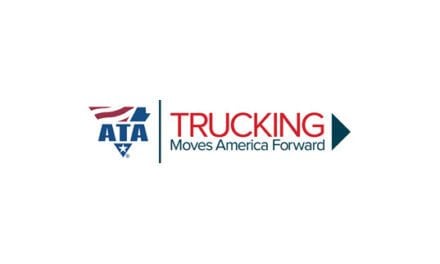NACS has released new resources to help convenience retailers develop or enhance their disaster planning procedures.
The NACS Convenience Store Emergency Planning and Job Aids, available for download at www.convenience.org/disasterplan, is a result of the U.S. Department of Homeland Security’s National Infrastructure Protection Program Challenge, which was awarded to NACS in 2018 to identify and enhance how convenience stores can boost their resiliency as they plan, prepare and recover from a disaster, whether man-made or natural.
“These resources are designed to help convenience retailers quickly and efficiently determine the best course of action for their teams to plan for an emergency such as a hurricane or bring their stores back into operation after events that happen with little to no warning, like a tornado or earthquake,” said Carolyn Schnare, NACS director of strategic initiatives. “After curating emergency plans and insights from our convenience industry community, we have developed useful and practical resources that retailers can adapt for their own businesses.”
The NACS resources are customizable and include a plan evaluation document and 17 Job Aids of tasks and checklists for specific functions that store employees perform during disaster planning and recovery. The Job Aids can also be used as on-boarding training, refresher training or immediate training when emergency conditions approach.
NACS worked with more than 20 convenience retailers across the country—from one-store operators to retailers with more than 1,000 stores—to develop the NACS Convenience Store Emergency Planning and Job Aids, and incorporated information supplemented by government regulatory requirements and professional association recommendations.
There are more than 153,000 convenience stores in the United States, of which about 122,000 stores sell an estimated 80% of the fuel in the country. Convenience stores also operate one-third of all ATMs. In areas affected by disasters, convenience stores with generators may serve as the only source of electricity to recharge phones, as well as keep fueling dispensers operational for first responders to access.
“Communities and emergency response teams depend on their local convenience stores in times of need, especially for much-needed food, water and fuel,” said Schnare. “These new NACS resources can help retailers evaluate their internal processes for reopening quickly and returning to normalcy.”









